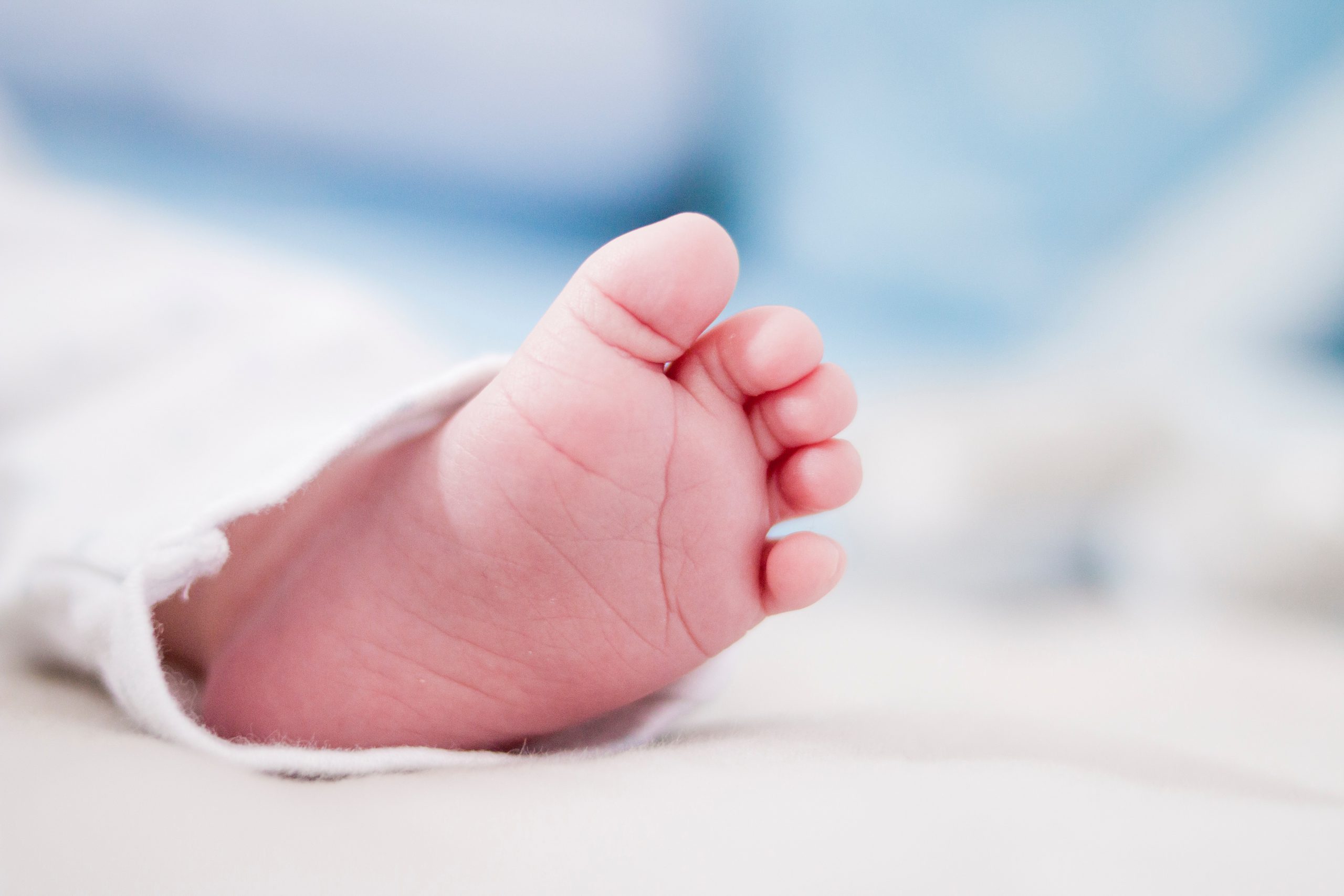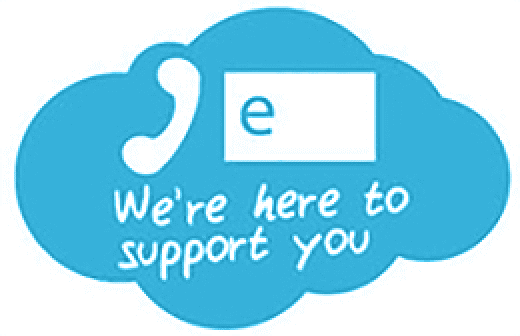Last Updated on October 22, 2024 by Mandy Gurney
For many of us having a baby may be the first time we encounter sleep deprivation. No amount of reading about it or hearing other parents talk about it can prepare you for it! Tiredness can make you feel irritable and tearful and studies have shown a link between sleep deprivation and postnatal depression.
Are you too wired to sleep when your baby sleeps?
Try to take a nap or have a rest when your baby is sleeping. Don’t worry if you if you feel you haven’t slept. If you are lying down with our eyes closed you may well be asleep without realising it. Numerous sleep studies have shown, subjects awakened from the first stage of sleep often denied having slept at all. A nap of very light first stage sleep will probably make you feel less tired. Even 3 minutes of deeper sleep can have recuperative effects.
Keep your baby nearby for night feeds.
If you are breastfeeding, you are likely to get more sleep if you keep baby nearby; a bedside cot is a safe way of doing this.
Only change your baby’s nappies at night if you think its really needed.
You don’t need to wake your baby up to change her nappy at night. But when she wakes for a feed, take the opportunity to change her. If you are using disposable nappies it is unlikely your baby will even be aware of being wet.
Setting your baby’s body clock.
Make sure you and your baby go out each day; a good dose of afternoon light has been shown to help to establish young babies’ body clocks and will help you to sleep better too.
Ask your family and friends.
Accept all offers of help from family and friends. Arrange a night-shift with your partner so you take it in turns to settle your baby back to sleep at night. And if you have an older child arrange for them to be picked up from nursery or school some days. Now is the time to get help where you can.
Keeping your energy levels up and reducing tension.
Remember to eat! It is important to keep up our energy levels. Having small amounts of protein with every meal and as snacks will keep your blood sugars more constant.
Try to avoid sugary foods and caffeine as they might give you a boost at that the time, but your blood sugar levels will drop much quicker.
If you are feeling the tension of real fatigue and the day’s demands getting on top of you, structured relaxation such as meditation or yoga will help with longer lasting relief.
Getting support.
Try and find a local support group for new parents, where you can meet regularly to share tips and find sympathetic ears. If you feel you are not coping contact your GP or health visitor for help.
The good news is newborns have special sleep patterns and special needs and before you know it things will start to get better: even by 12 weeks your baby will be able to sleep for longer stretches over night and naps will become more predictable.
We can help you.
If you would like to discuss how to get your young baby into good routines and learn more about children’s sleep we offer specific support for babies under sixteen weeks. You can speak to one of our sleep therapists today for a free sleep assessment.
Call us on 020 8444 0040
0 Comments






